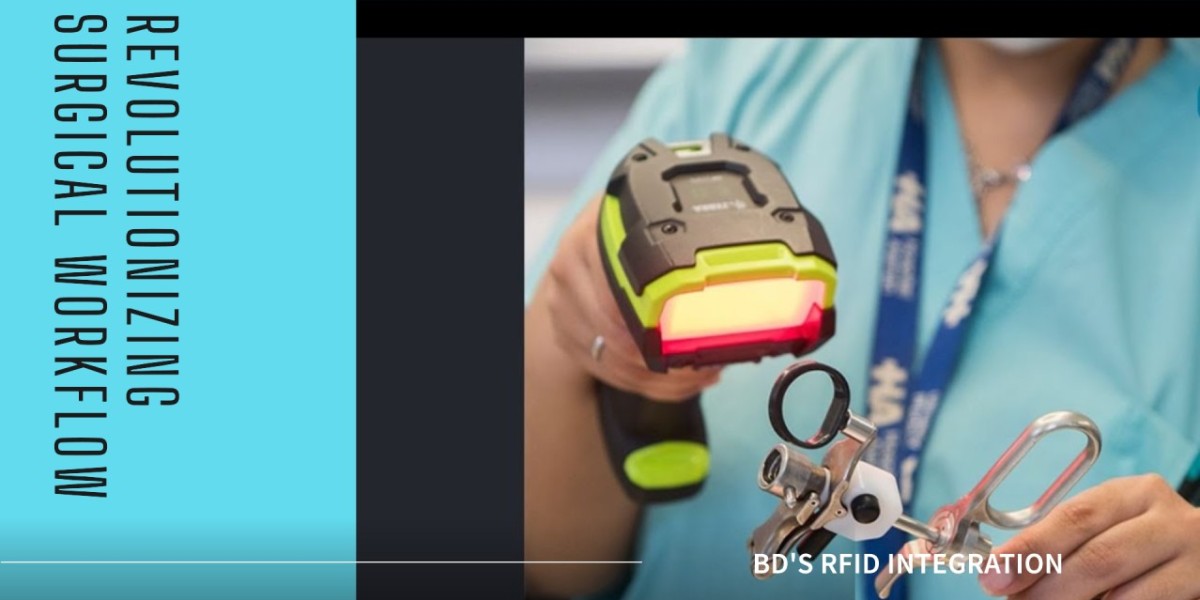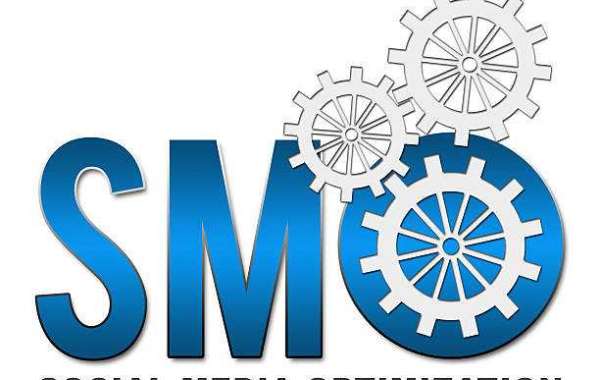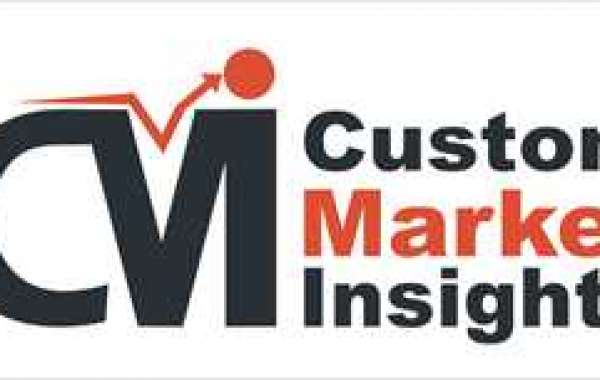How Does RFID Technology Improve Surgical Instrument Tracking?
RFID (Radio Frequency Identification) technology has revolutionized surgical instrument tracking by providing a seamless, automated solution for inventory management, sterilization tracking, and operational efficiency in healthcare settings. Unlike traditional barcode systems, RFID tags can be read without line-of-sight, allowing multiple instruments to be scanned simultaneously, thus reducing human error and time consumption. This technology also enables real-time tracking of instruments throughout their lifecycle—from sterilization to usage in surgeries—ensuring that only properly sterilized instruments are used, thereby enhancing patient safety.
Top Innovations:
- Becton Dickinson and Company is leveraging RFID technology to integrate with their broader health care systems, enabling automatic data collection that feeds into Electronic Health Records (EHR) for improved patient safety.
- Steris PLC has incorporated RFID in their sterilization equipment, allowing seamless integration with hospital management systems for better compliance and traceability.
Why Are Hospitals Adopting Surgical Instrument Tracking Systems?
Hospitals are increasingly adopting surgical instrument tracking systems to enhance operational efficiency, reduce costs, and improve patient outcomes. These systems allow hospitals to maintain a meticulous record of each instrument's usage, sterilization history, and location, which helps prevent the use of contaminated instruments and reduces the risk of surgical site infections. Additionally, tracking systems help hospitals comply with stringent regulatory requirements, including those set by the FDA and other health authorities, which mandate detailed tracking of surgical instruments to ensure patient safety.
Key Players:
- Getinge AB offers advanced tracking systems that integrate with hospital IT infrastructure, ensuring smooth workflows and reducing instrument loss.
- Braun Melsungen AG focuses on providing customized solutions that fit the unique needs of hospitals, including those with complex surgical schedules.
What Software Options Are Available for Integrating with Surgical Instrument Tracking Systems?
The integration of surgical instrument tracking systems with hospital management software is crucial for maximizing the benefits of these technologies. Advanced software solutions not only track instruments but also integrate with inventory management systems, EHRs, and compliance reporting tools. This integration ensures that all departments within a hospital are in sync, thereby improving the overall efficiency and accuracy of operations.
Innovative Solutions:
- Material Management Microsystems specializes in software that integrates with existing hospital IT systems, offering features like real-time data analytics and predictive maintenance scheduling.
- Fortive Corporation provides a suite of software tools that enhance the functionality of surgical instrument tracking systems, allowing for customizable reporting and automated alerts for instrument maintenance and sterilization.
What Regulations Must Hospitals Comply with for Surgical Instrument Tracking?
Hospitals must comply with various regulations to ensure that their surgical instrument tracking systems meet industry standards. These regulations are often set by national and international health authorities such as the FDA in the United States and the European Medicines Agency (EMA) in Europe. Compliance typically involves maintaining detailed records of instrument usage, sterilization, and maintenance. This ensures traceability in case of instrument failure or infection outbreaks, enabling quick response and corrective actions.
Compliance Enhancements:
- Stanley Black & Decker Inc. provides compliance-focused solutions that include automated reporting features to help hospitals meet regulatory requirements efficiently.
- Steris PLC offers integrated solutions that ensure compliance with both domestic and international standards, including those required for the tracking of surgical instruments.
How Do Tracking Systems Help with Regulatory Compliance in the Healthcare Industry?
Surgical instrument tracking systems are vital for helping healthcare facilities maintain regulatory compliance. These systems automatically log detailed information about each instrument, including sterilization cycles, usage history, and current location. This data is critical during audits and inspections, providing evidence of adherence to safety standards and regulations. Furthermore, the ability to quickly identify and recall instruments in the event of contamination or malfunction is a significant advantage that enhances patient safety and regulatory adherence.
Industry Leaders:
- Steris PLC and Becton Dickinson and Company are at the forefront of developing technologies that not only meet but exceed current regulatory requirements, ensuring their clients are always in compliance with the latest standards.
The adoption of surgical instrument tracking systems, powered by advanced technologies like RFID and integrated software, is essential for modern healthcare facilities. These systems not only improve operational efficiency and patient safety but also ensure that hospitals remain compliant with stringent regulatory standards. Industry leaders like Getinge AB, Becton Dickinson and Company, Fortive Corporation, Braun Melsungen AG, Steris PLC, Stanley Black & Decker Inc., and Material Management Microsystems continue to innovate in this space, offering cutting-edge solutions that address the evolving needs of healthcare providers.
For more information visit at MarketResearchFuture
Other Trending Reports
Digital Healthcare Market Size
Laboratory Equipment Market Size










